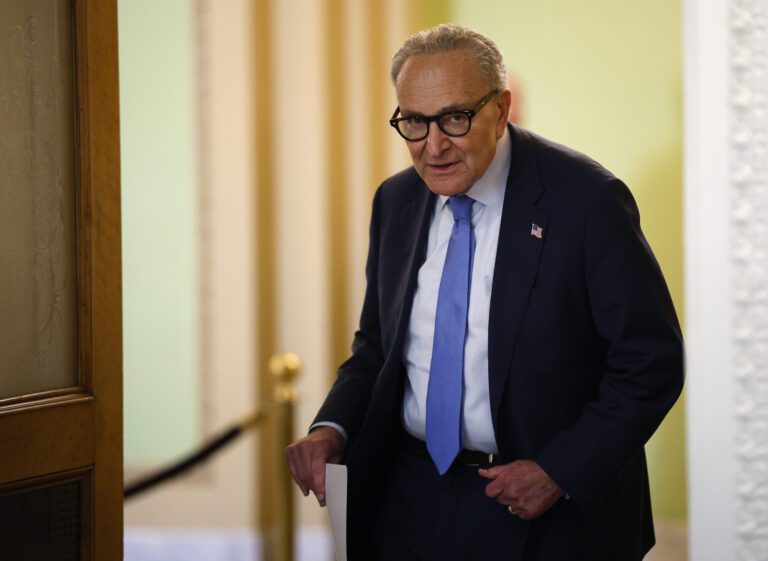Senate Republicans Release Funding Bills Amid Government Shutdown Negotiations
As the stalemate over government funding nears its resolution, Senate Republicans have taken a significant step by unveiling the text of several funding bills. This development comes as bipartisan discussions intensify among lawmakers eager to prevent a government shutdown.
Key Developments in Senate Funding Bills
On Sunday, the Senate Appropriations Committee, led by the Republican majority, released three of the twelve crucial bills required to keep the government operational. The bills cover essential sectors:
- Agriculture Programs
- Legislative Branch
- Military Construction and Veterans Affairs
These proposed funding measures are designed to sustain these areas of government through the end of the fiscal year in September 2026.
Democrat Involvement and Concerns
Senate Democrats have expressed their support for these funding bills. However, a larger agreement is on the table that would temporarily open the rest of the government until January. This proposal involves a commitment from Senate Republicans to vote on extending health insurance subsidies that date back to the COVID-19 pandemic.
Split Opinions Among Democrats
Not all Democrats are in favor of this compromise. A faction of moderate Democrats is preparing to support the broader agreement, but some prominent figures have voiced strong opposition:
-
Congressman Ritchie Torres criticized the arrangement, labeling it as an “unconditional surrender” for the Democratic Party. He stated, “If this is the so-called ‘deal,’ then I will be a no,” emphasizing the potential negative impact on health care for millions.
-
Malcolm Kenyatta, vice chairman of the Democratic National Committee, also voiced skepticism about the deal. He argued, “Any ‘deal’ that ends with Dems just getting a pinky promise in return is a mistake,” highlighting the need for substantial reforms to healthcare costs.
- Hakeem Jeffries, the House minority leader, manifested hesitation regarding the reliance on Republicans’ promises, stating, “I don’t think that the House Democratic Caucus is prepared to support a promise — a wink and a prayer.”
Next Steps in the Legislative Process
With expectations growing, the Senate aims to vote on the funding bills, as well as the short-term agreement for other government areas, by the end of Sunday. If the Senate approves the legislation, House Speaker Mike Johnson will be tasked with bringing his colleagues back to Washington, D.C., for a subsequent vote.
Conclusion
As the deadline for government funding looms, the discussions reflect a landscape marked by both collaboration and contention among lawmakers. The outcome of these negotiations could have widespread implications for government operations and healthcare provisions across the nation.
For further information on the ongoing negotiations and updates on government funding, visit Axios or explore other reliable resources.


